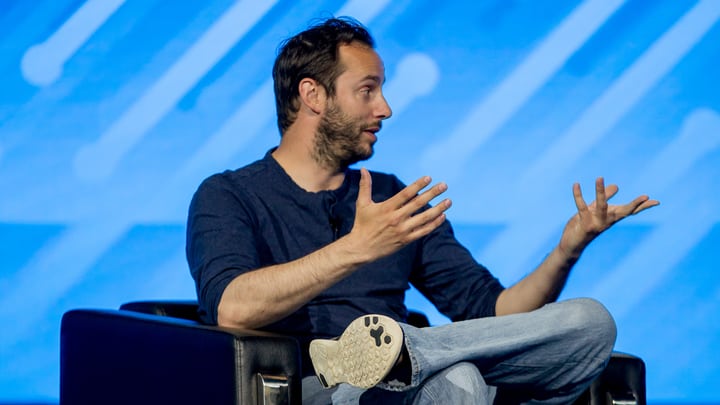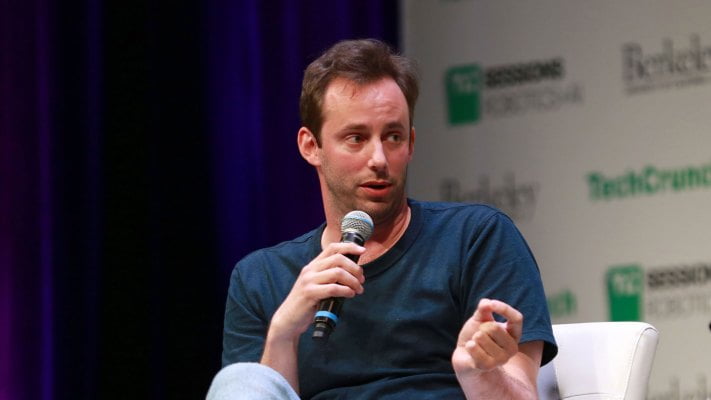Anthony Levandowski, a former Google engineer sentenced to 18 to months for stealing trade secrets before joining the Uber project to build autonomous vehicles for its passenger transportation service.
The ruling, released Tuesday by federal judge William Alsup, was released more than four months after former Google engineer Anthony Levandowski reached a guilty plea agreement with the prosecution, which filed a criminal case against him in August from last year.

Levandowski, who helped fuel Google’s autonomous vehicle project before accepting a position at Uber, was also ordered to pay more than $850,000.
- Google prepares to shut down Play Music
- Google One is free now: backup your Android or iOS phone
- CES 2021 has been canceled: it will be a “digital experience”
Alsup took the unusual step of recommending that the Justice Department start a criminal investigation against Levandowski, while presiding over a notorious civil lawsuit between Uber and Waymo, a subdivision of the autonomous vehicle project that Google launched in 2007 after hiring Levandowski to be part of from your team.
Levandowksi eventually became disillusioned with Google and left the company in early 2016 to start his own autonomous trucking company, named Otto, which Uber eventually acquired for $ 680 million.
However, before leaving Google, Levandowski downloaded files containing Google’s autonomous vehicle technology, resulting in him facing 33 charges for theft of intellectual property. He ended up pleading guilty to one charge, culminating in Tuesday’s sentence.
The indictment made Levandowski, once honored for his early breakthroughs in the autonomous vehicle sector, a prominent figure who “almost became synonymous with greed that reigns in Silicon Valley,” his own attorneys acknowledged in documents filed with I cut it last week.
The attorneys argued that Levandowski deserved some leniency because there was never any evidence that he used Google’s trade secrets while overseeing Uber’s autonomous vehicle division. He lost that job in 2017 while sticking to his Fifth Amendment rights to the Constitution, which protect him from self-incrimination, when Uber defended itself against the Waymo lawsuit.





